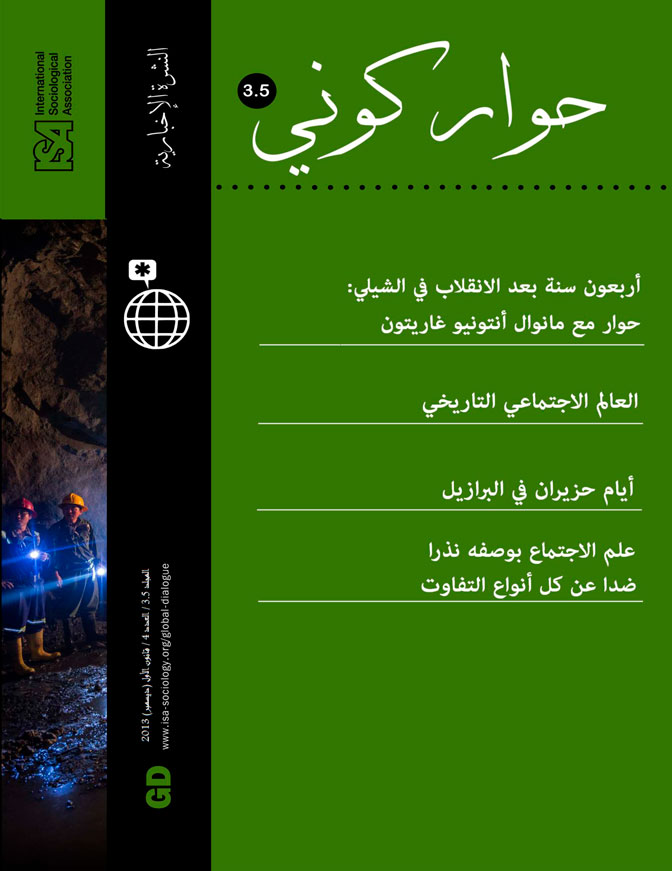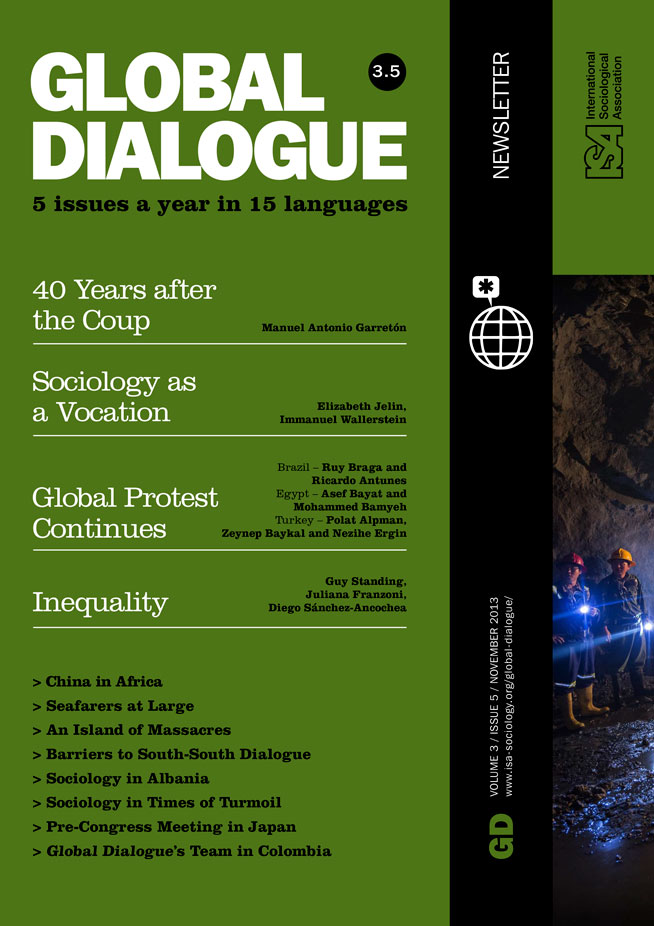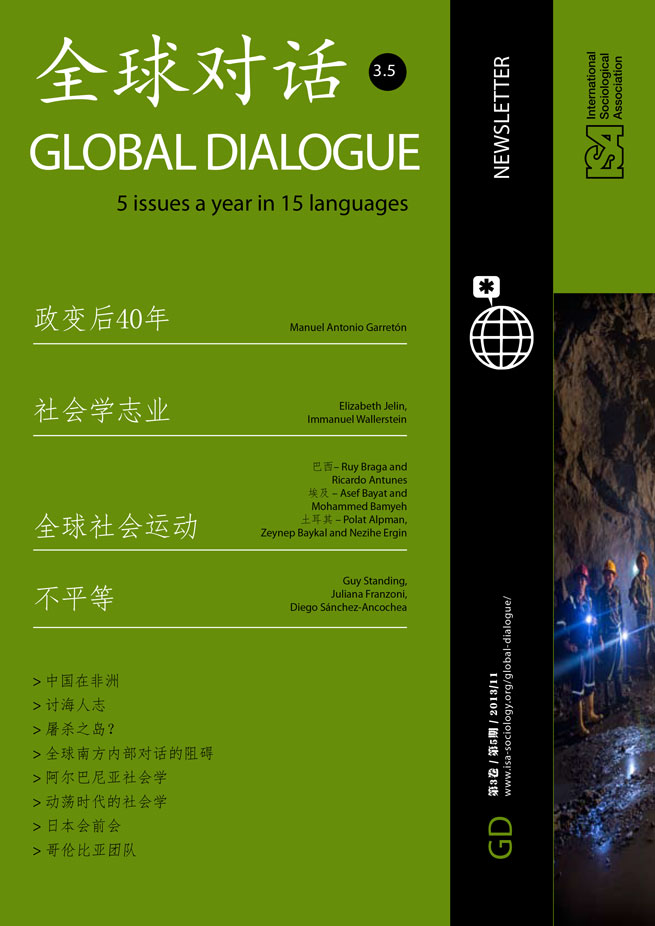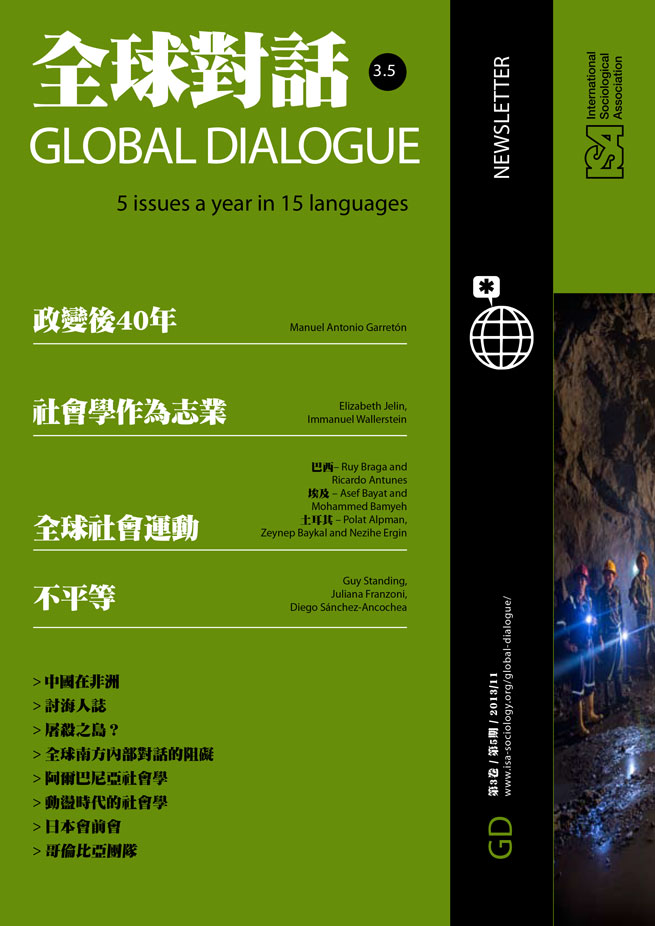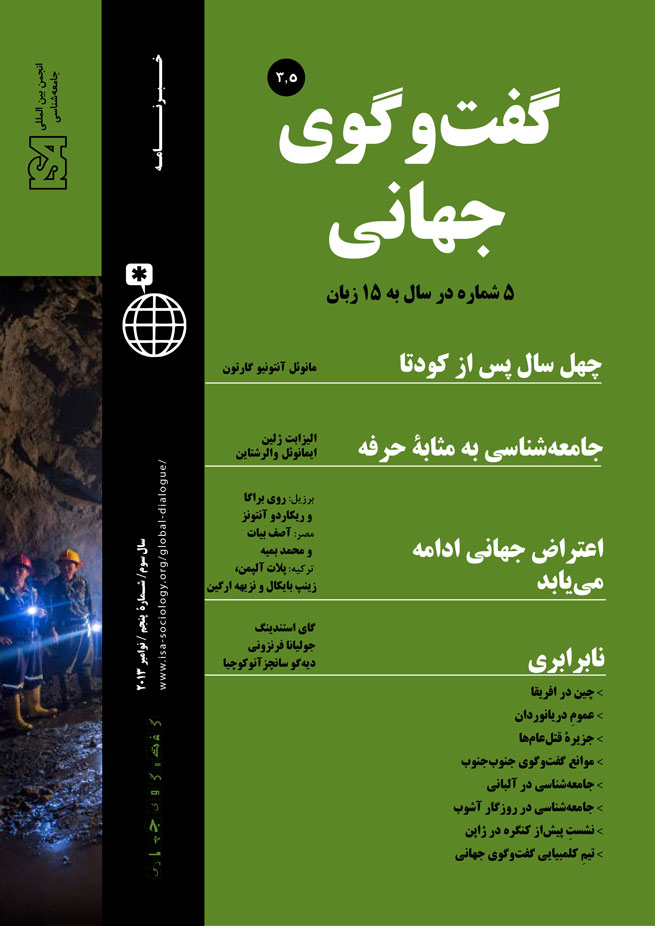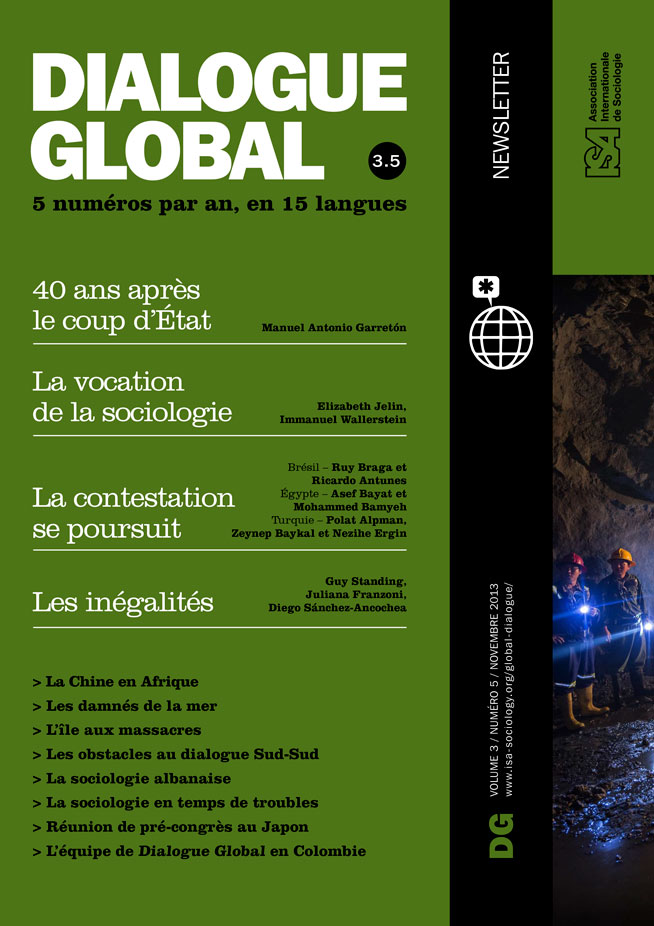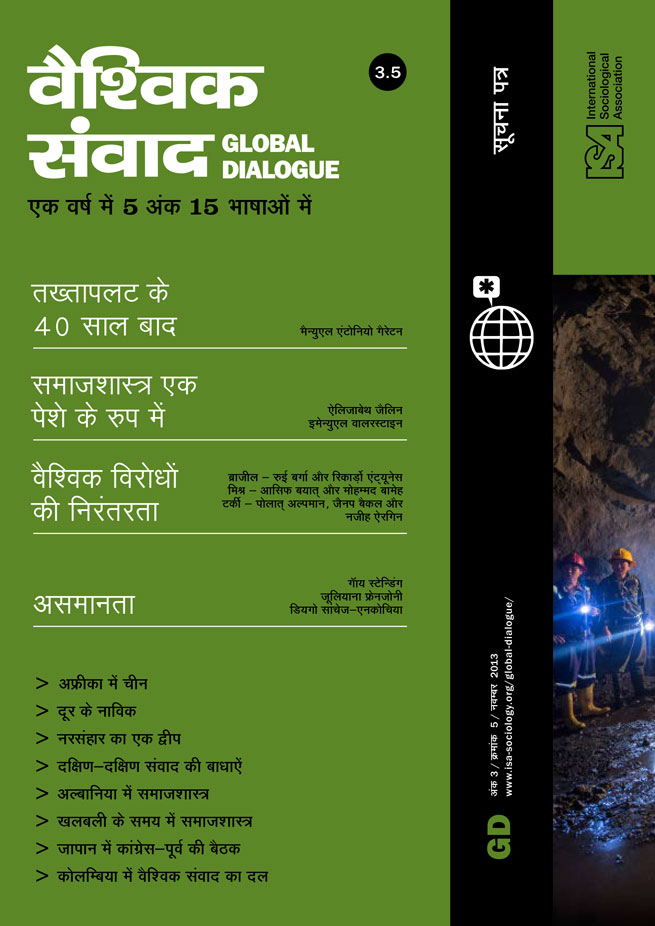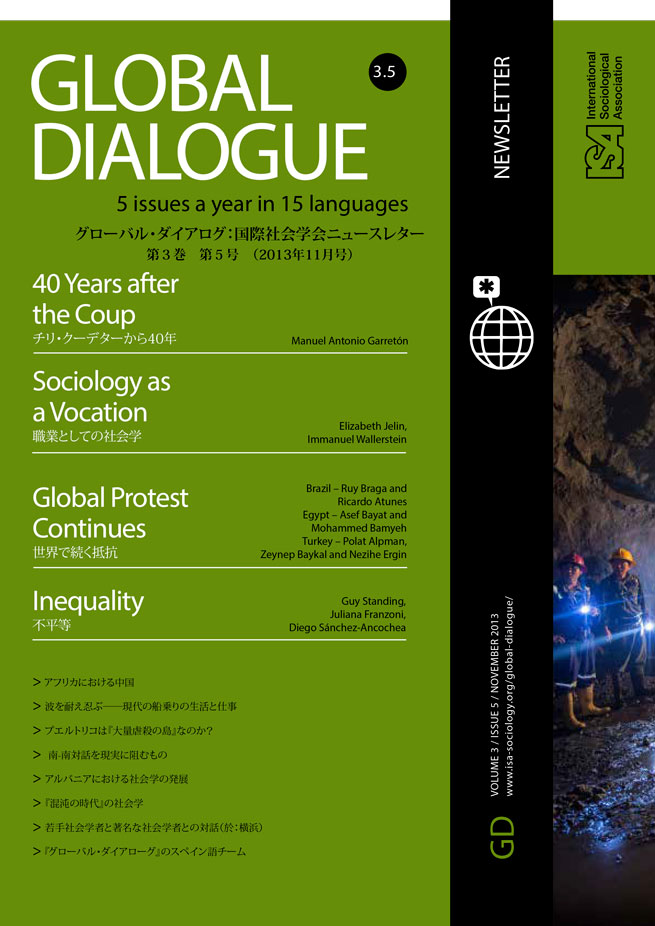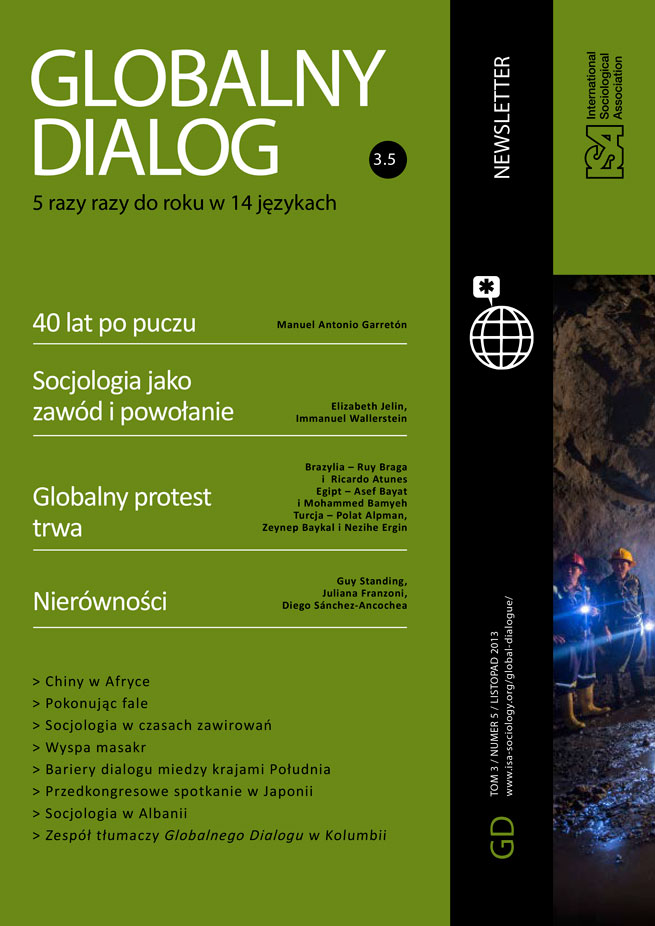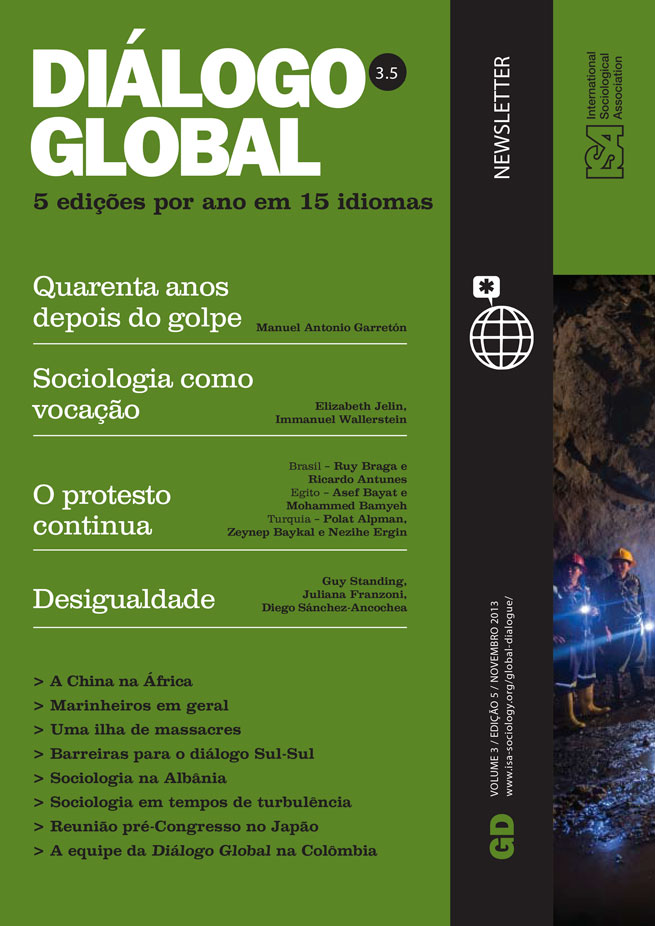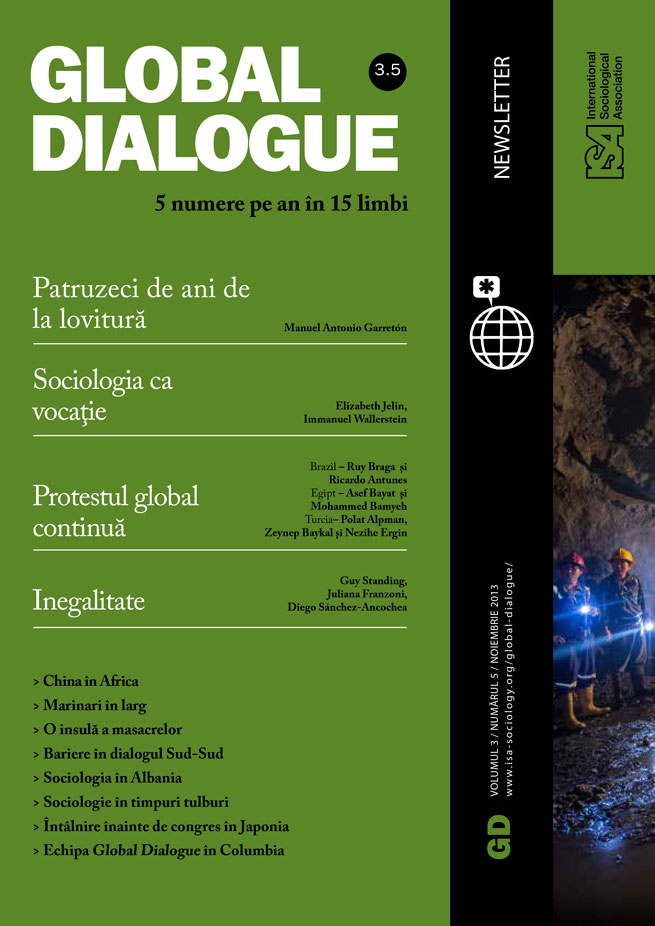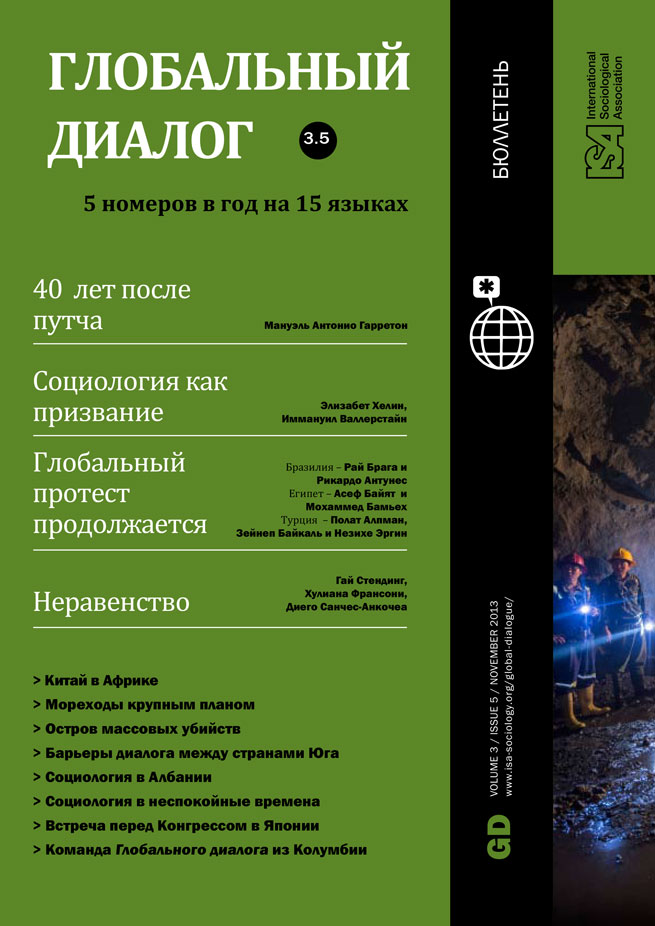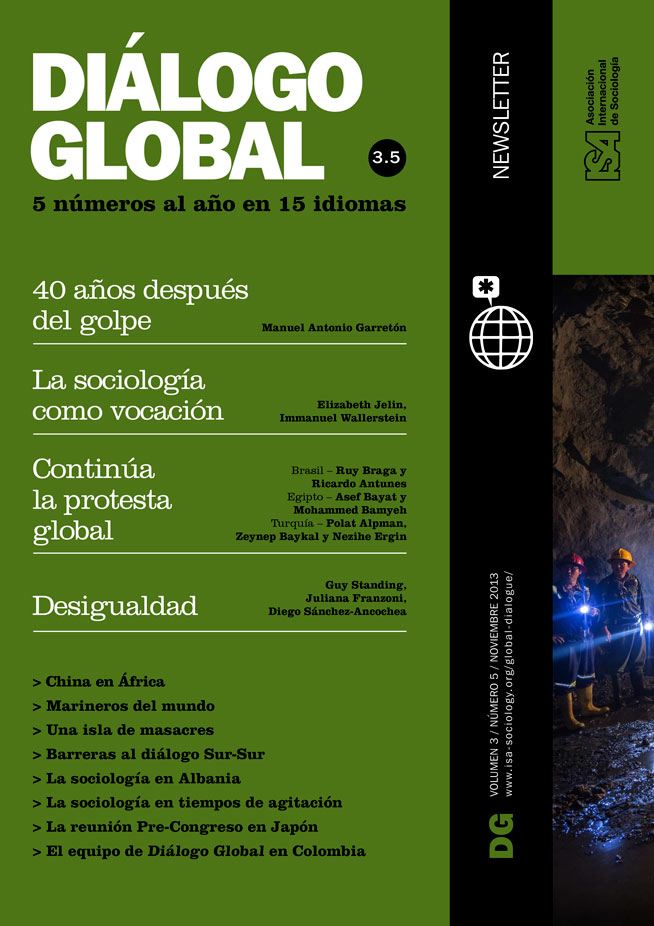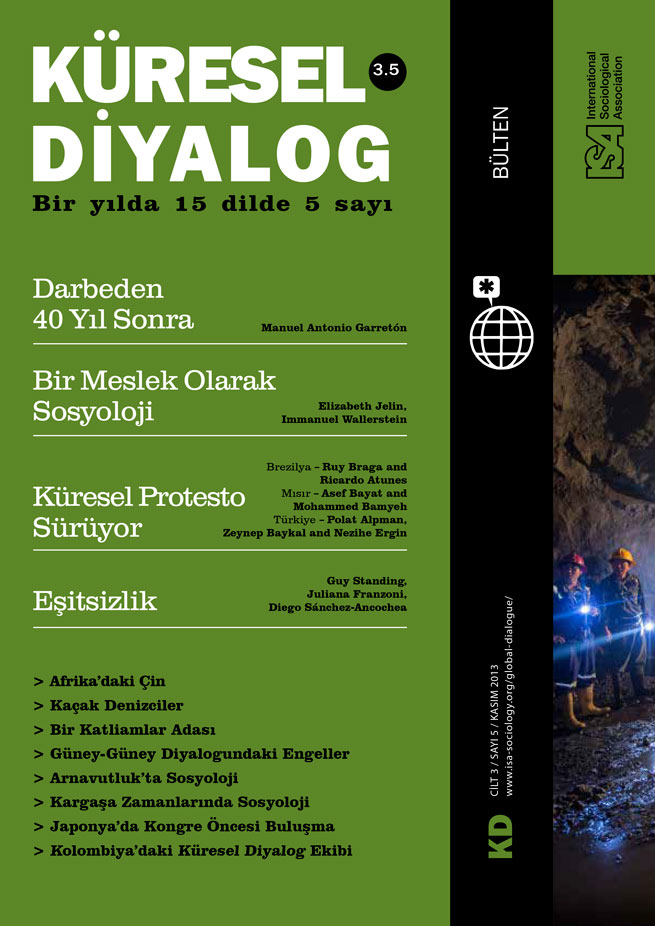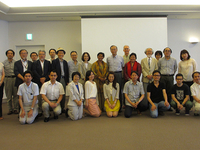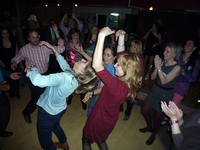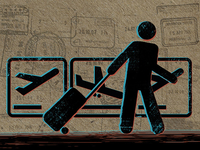Slow but Sure: The Development of Sociology in Albania
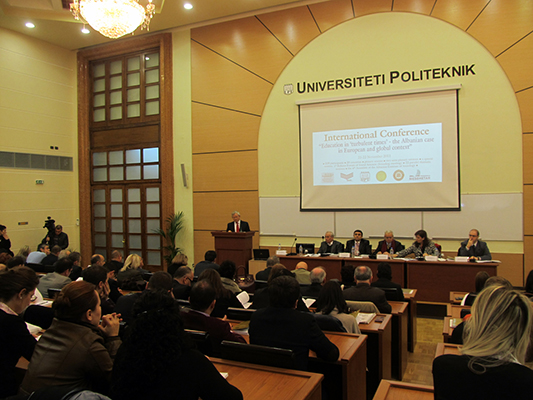
October 25, 2013
During the last two decades there have been extreme and multidimensional transformations in Albania. Economically, we have moved from a centralized economy, where the state was the only owner and the only employer, to a liberalized but chaotic economy; politically, we have moved from a Stalinist authoritarian regime to a problematic democracy; socially we have moved from the “equal distribution of the poverty” to the most extreme social disparities, more extreme than anywhere in Eastern Europe. Albania has become a laboratory for studying rapid change and its associated social problems as well as international migration, experienced by half the population (35% permanent, 15% temporary) in only two decades.
Albania’s post-communist transformations also brought with it the first wave of sociology. In most Eastern European countries, there was always some tradition of sociology, even under the harshest communist rule. In Albania, on the other hand, sociology was completely banned from university curricula. There was never a department of sociology at the University of Tirana and not one institute of sociology among the approximately 40 institutes of the Albanian Academy of Sciences. Marxism-Leninism was the ultimate truth, the monopoly of the Labor [Communist] Party which was immune to any kind of criticism. It did not draw on empirical evidence when considering social problems. The traditional schools of thought, including existentialism, Freudian psychology, structuralism, and phenomenology were altogether forbidden as were the works of Plato, Aristotle, Hegel, Dostoevsky, Sartre, etc. Weber, Durkheim, Simmel, Pareto, Popper, Mill, Parsons, Merton, and other famous Western social thinkers meant nothing to us.
The fight against sociology was also considered part of the so-called class struggle as we can see from Currents of Political and Social Thought in Albania, a “prestigious” book published in 1985 by the Albanian Academy of Sciences, only four years before the collapse of the Berlin Wall:
"The French sociologist Auguste Comte is known as the first creator of bourgeois sociology. Comte’s positivist sociology emerged as a reaction against Marxism, to reconcile the contradictions between the proletariat and the bourgeoisie, to sabotage class warfare that was intensifying..."
In this book, and others of the time, sociology is considered bourgeois, reactionary, racist, anti-human, and an imperialist science. Until 1990, all sociologists of the world were considered dangerous and every school of social thought was prohibited, except the local “Albanian version” of Marxism.
A “new course” on sociology was only adopted after the death of Enver Hoxha, the Albanian dictator, in 1986. In his speech to the 9th Congress of the Communist Party of Albania, known as “the congress of continuity”, the new Albanian leader R. Alia referred to sociology among other social sciences, for the first time in an official document, saying:
"The priority of the technical and natural sciences should not eliminate the role of the economic, philosophical, sociological, legal, and educational sciences – in other words, the social sciences – when considering the current major problems of the socialist construction and ideological war. "
So, the official road for the development of sociology was opened, but with some strict conditions: (1) refer only to the Albanian original experience; (2) be a militant sociology, related to the construction of socialism and ideological war; (3) be a Marxist-Leninist science, based only in Marxist-Leninist texts.
From all this, it is clear that sociology could develop, only with many difficulties, and only after the collapse of communism. The first step to institutionalize sociology was the creation of the Albanian Sociological Association (ALSA) on the eve of the “great transformation,” in November 1990. But this organization failed very quickly, first of all because its founding members were a mixed lot – philosophers, demographers, lawyers, historians, physicians, novelists, natural scientists, journalists, artists, and even architects. Secondly, ALSA failed because of outside political interferences.
The second attempt to institutionalize sociology in Albania came with the founding, in September 1991, of a separate Faculty of Philosophy and Sociology at the University of Tirana. But within one year, the Faculty was suspended, at the behest of the first democratic government, which swept into power in the elections of March 1992, reflecting clearly the political nature of its “democratic” opposition to sociology.
In 1998, two of the first Albanian sociologists (Tarifa and myself), while in the USA, founded the first international journal of the Albanian sociologists Sociological Analysis. It was a very critical period in Albania’s modern history, characterized by social unrest, political turmoil, and economic collapse – a time of complete breakdown in the social fabric.
After many ups and downs and through many hardships, the Sociological Association of Albania was founded in November 2006, with the new name of the Albanian Institute of Sociology (AIS). Since April 16, 2007 AIS is a regular collective member of ISA and since October 10, 2008 a member of the European Sociological Association. On the initiative of AIS and with the support of ISA, the Balkan Sociological Forum was founded in Tirana in November 2011.
With the foundation of the Albanian Institute of Sociology, sociology began to take off: the first department of sociology was founded, and then others followed. Now many Albanian universities are graduating specialists of sociology at the Bachelor’s, Master’s, and even PhD level. Since 2009 the Albanian government has included sociology in the national list of professions. It is also taught in all high schools and universities and a considerable number of think tanks now undertake sociological research.
Since its first meeting the AIS has grown from the original 35 founding members, to 7-8 times that number today; participation in our congresses has grown from twelve papers at our first Conference in 2007 to 410 papers presented by 587 authors and coauthors, coming from 22 different countries at the seventh Conference of Vlora in 2012. We now have an expanding bibliography of sociological works in Albanian as well as several journals: Social Studies, Sociological Analysis, and Sociological Lens.
If there has been a successful “sociological transition,” there are new challenges ahead, namely to create a new democratic and effective Albanian Sociological Association (AlbSA) that will embrace all Albanian sociologists, to continue to organize annual conferences and forums, to increase cooperation with “sociologists without borders,” and slowly increase sociology’s impact on Albanian and Balkan societies. One thing is clear, we have an important role to play in the challenges facing our great little country.
Lekë Sokoli, Albanian Institute of Sociology, Tirana, Albania and ISA Member of Research Committees on Comparative Sociology (RC20) and Sociology of Migration (RC31)

